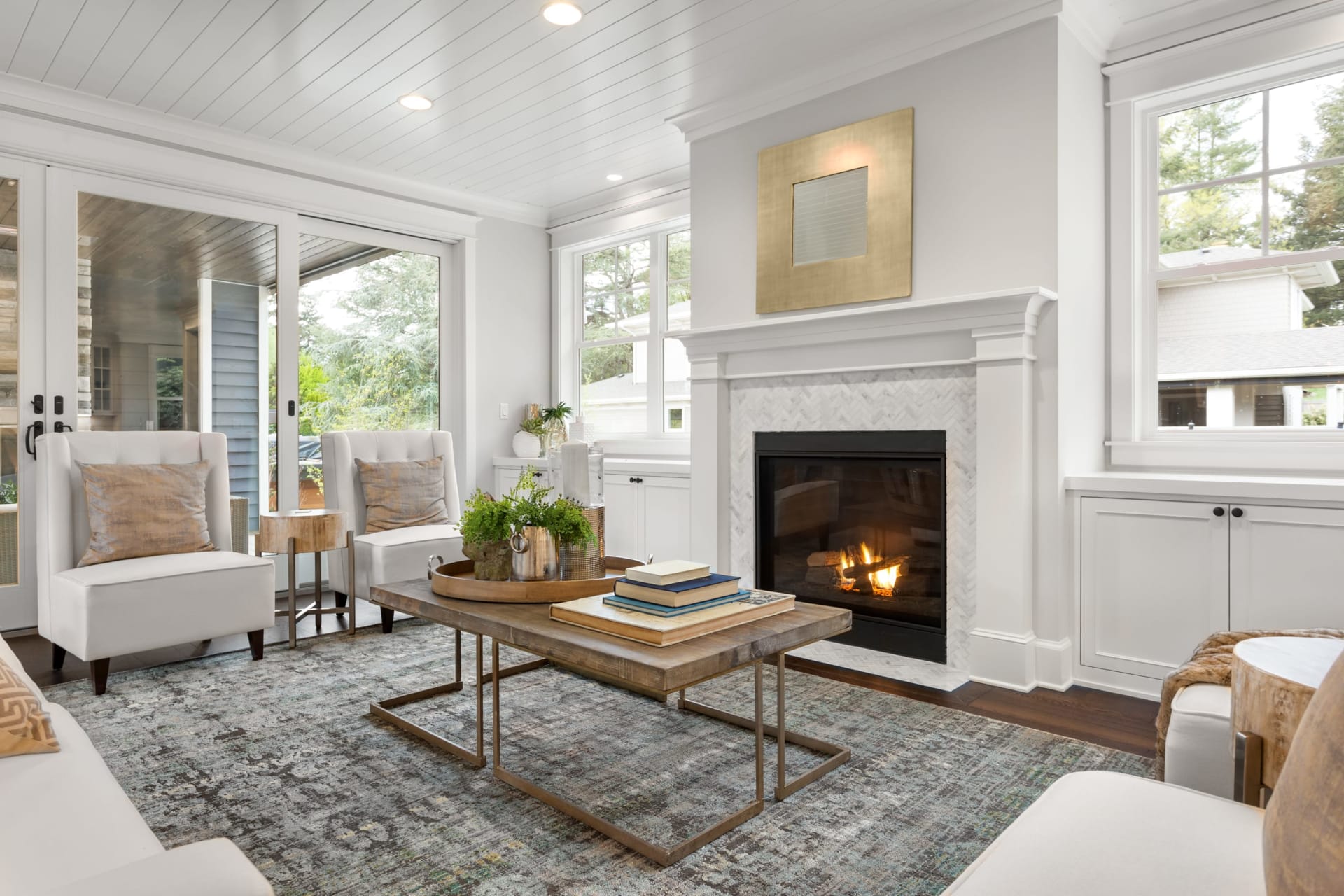Let's Work Together
Want me to help you all the way? Fill out your information below to get started.

Want me to help you all the way? Fill out your information below to get started.

Fitkova is a boutique real estate office that provides dedicated customer service with top negotiating skills and wonderful exposure and supreme internet presence. Contact now to have the advantage that she provide!